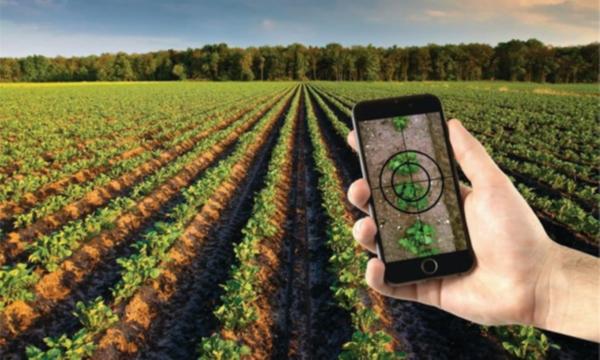The African Development Bank plans to support Nigeria revive the electronic wallet system of input distribution to farmers to boost agricultural production.
For four decades, the Nigerian government sought to support its agricultural sector through the procurement and distribution of fertilizer and other inputs to the farmers in the country. Unfortunately, the government’s reliance on a broken and corrupt system resulted in the siphoning off of billions of dollars and a small percentage of farmers actually receiving the inputs.
Recognizing the need to extricate the middlemen, in 2012, Adesina when he was Minister of Agriculture in Nigeria oversaw the introduction of a first of its kind Electronic Wallet (“e-wallet”) System through which subsidized electronic vouchers for inputs are delivered directly to the farmers’ mobile phones and then the vouchers are used like cash to purchase the inputs directly from agro-dealers. The system allowed the government to register about 14.5 million farmers and reached them directly with inputs, notably seeds and fertilisers, via electronic coupons on their mobile phones.
Boost agricultural production
“Nigeria needs to go back and use the electronic wallet system that I developed when I was a minister to get fertilisers straight to farmers and cut out all the middle men. We’re going to help the government to do that because when farmers have quality seeds and fertilisers, they can rapidly triple food production,” he said.
“In Nigeria, we’ve provided $540m dollars for special agro-industrial processing zones in seven states including the Federal Capital Territory. That’ll allow Nigeria to have special zones where you can have agro processing value addition and increased competitiveness of agriculture. We’re not alone, we put in $170m and others put in money such as the Islamic Development Bank and other partners,’’ he added.
The Bank will also support the country with about $30m reallocated fund to be used for an emergency food plan to produce in the dry season.








